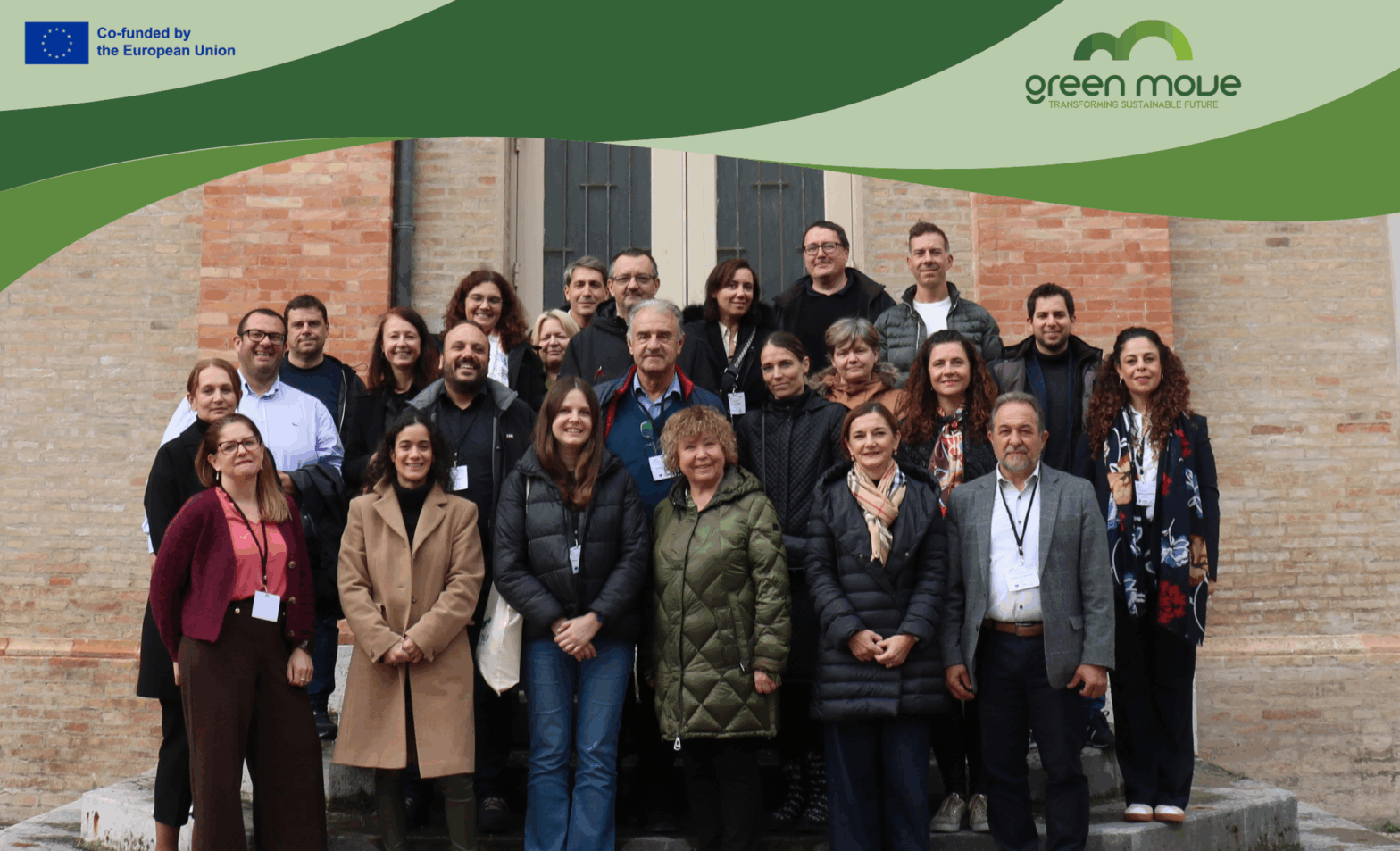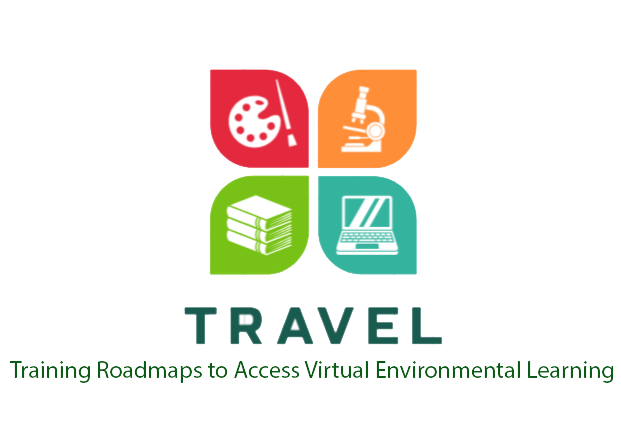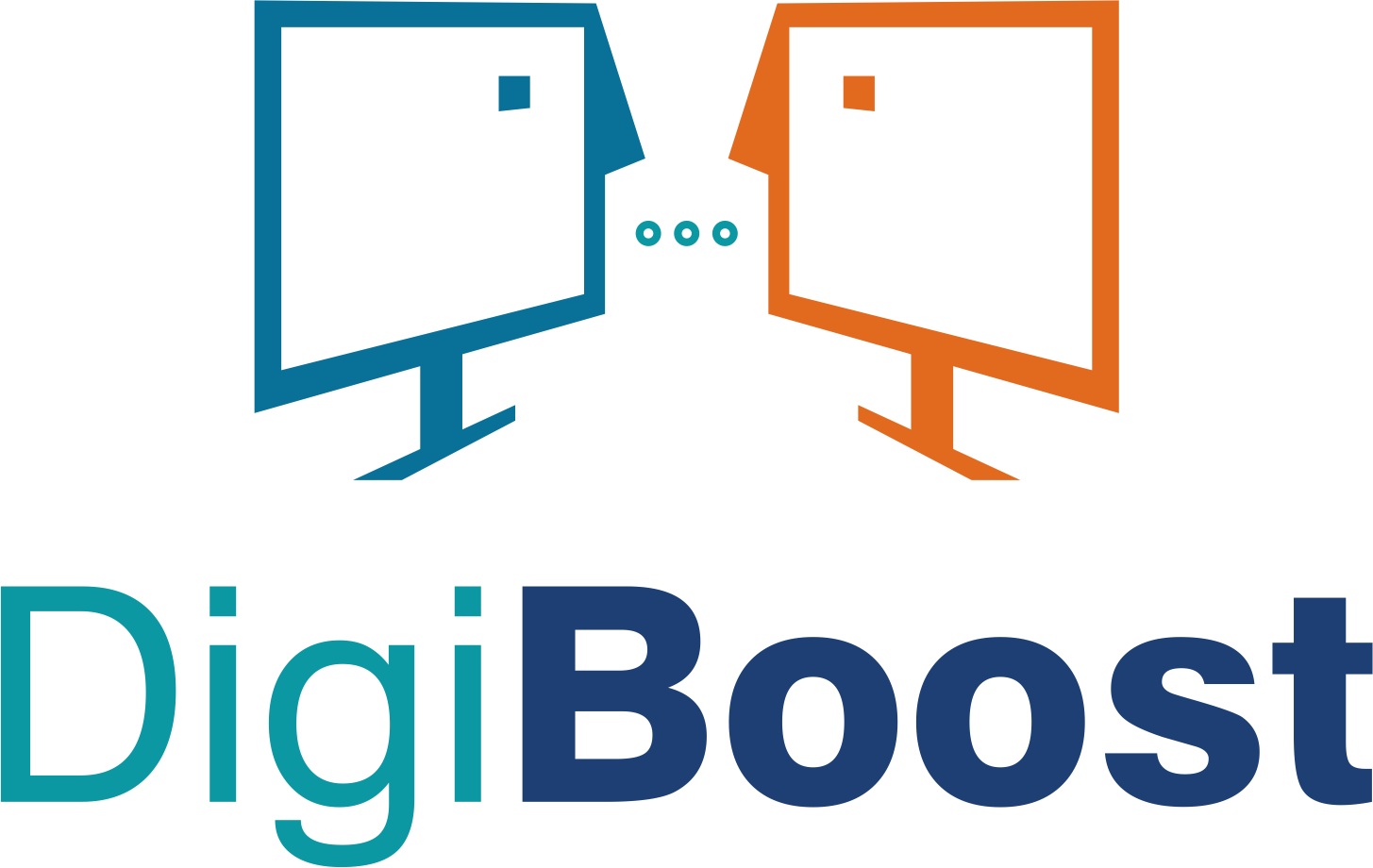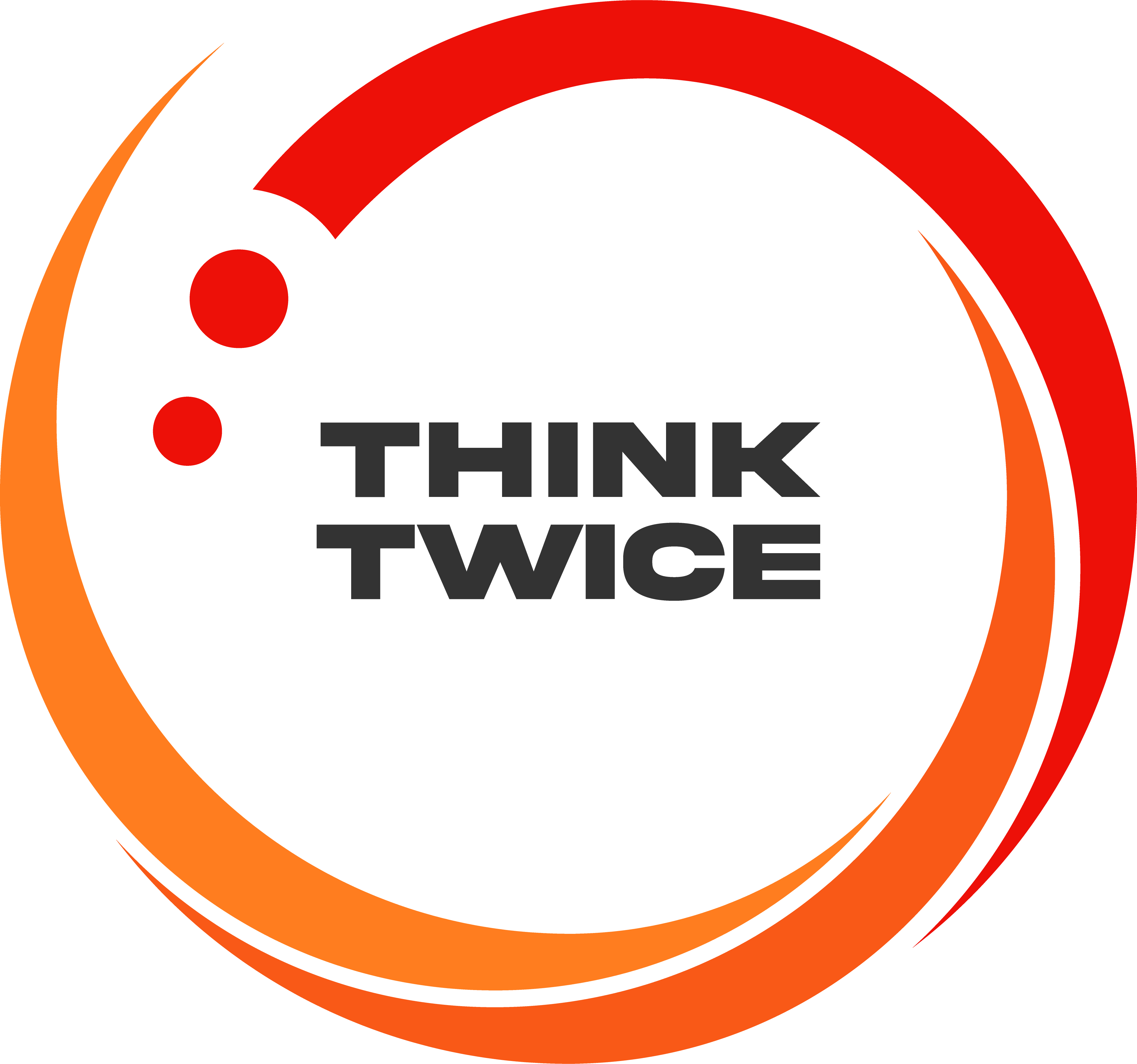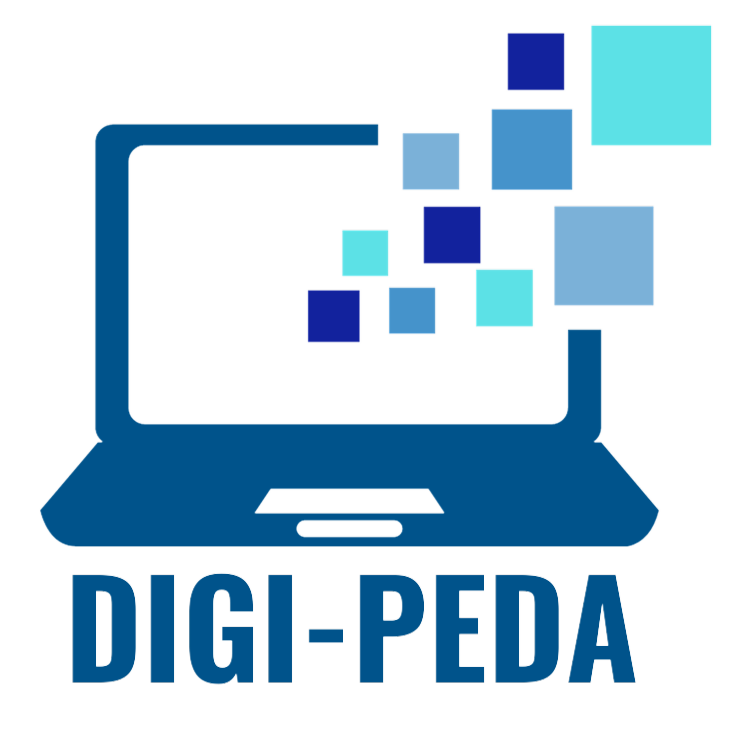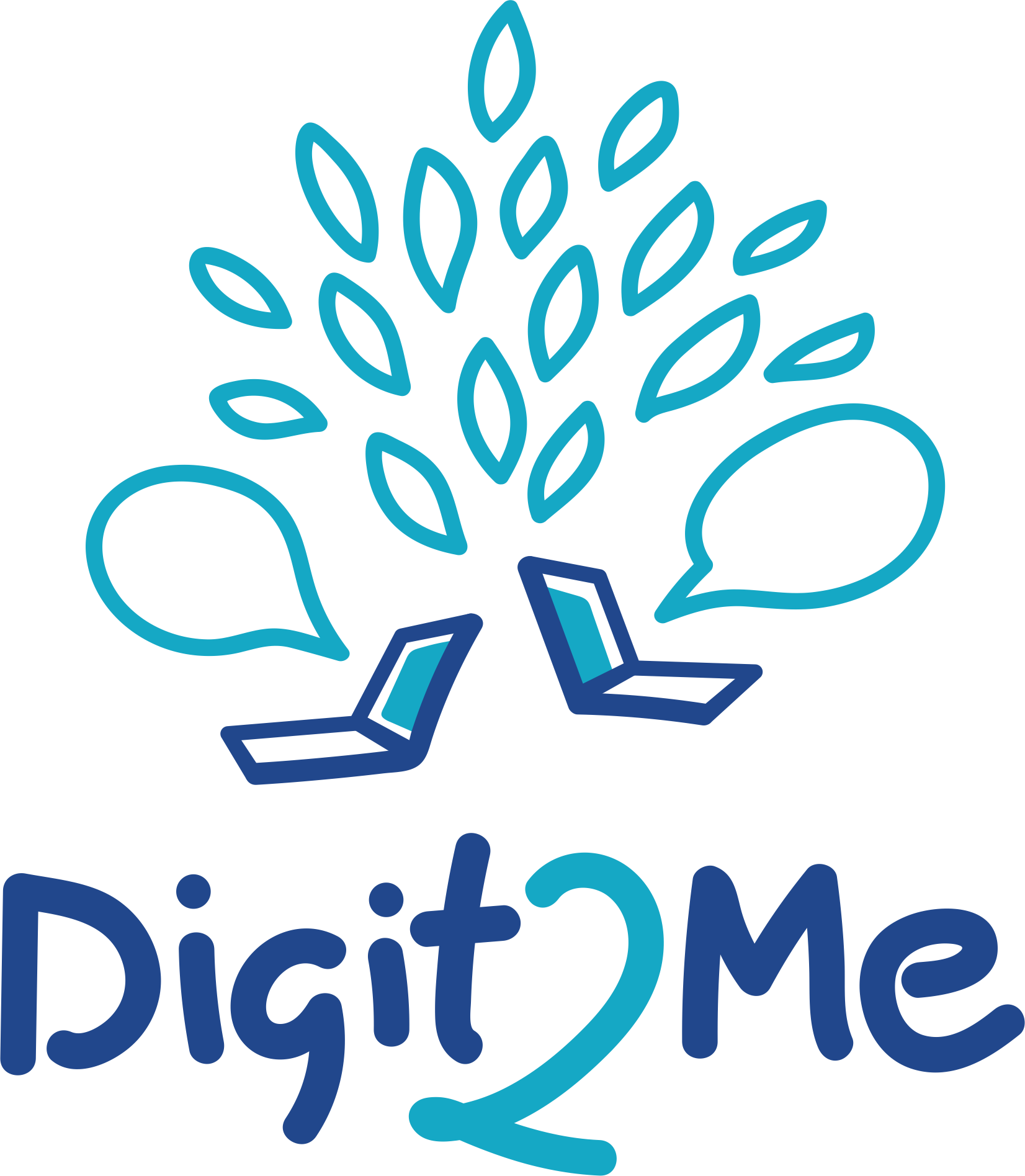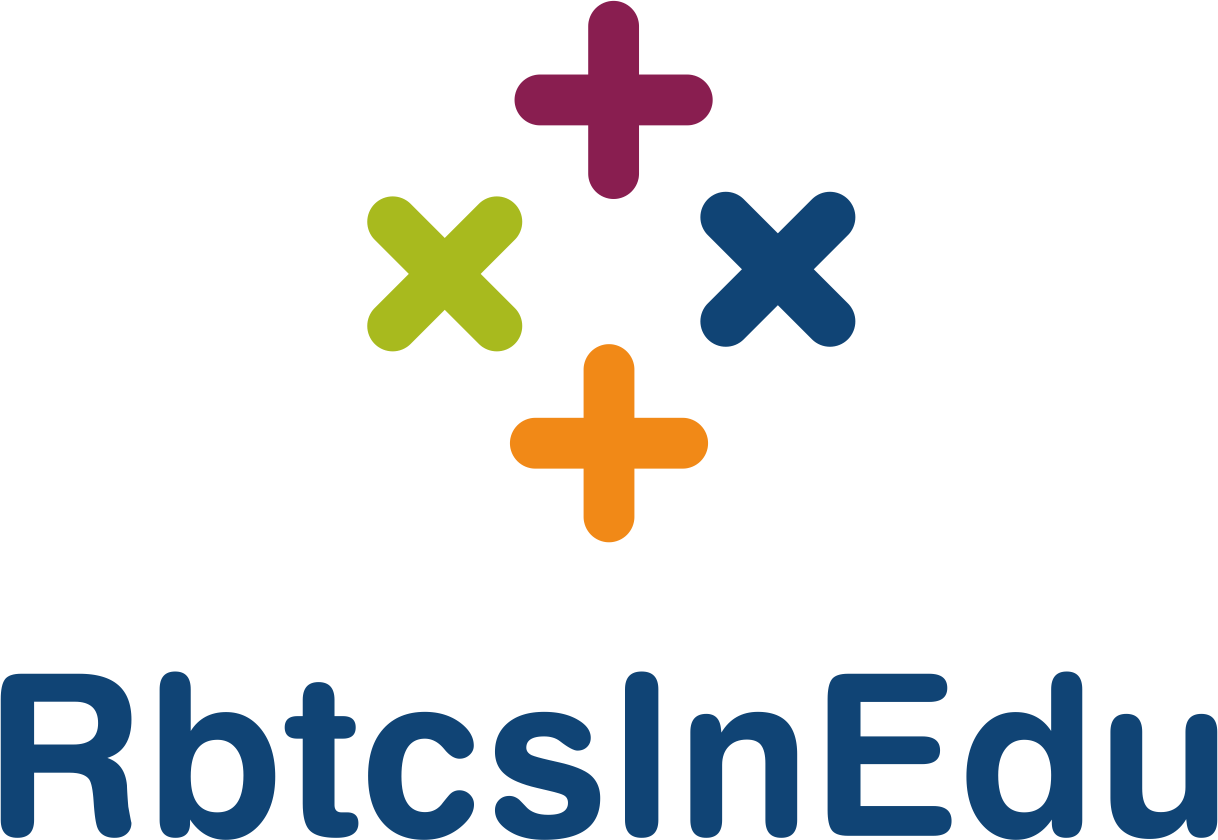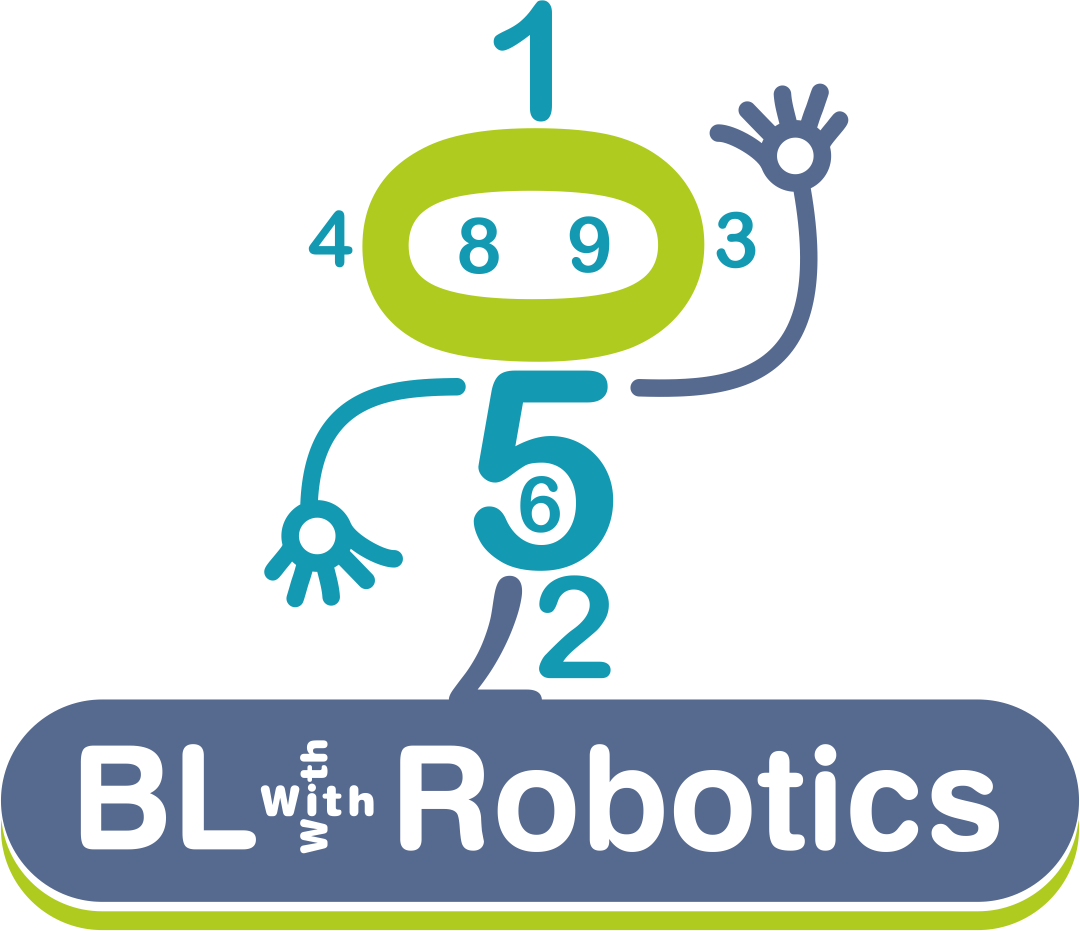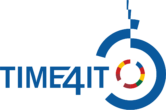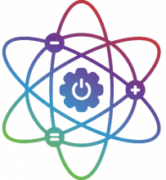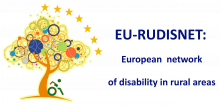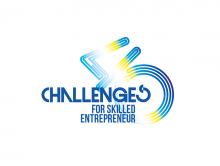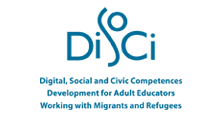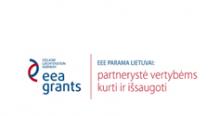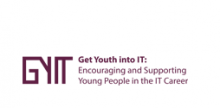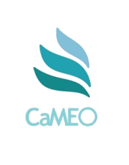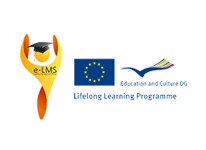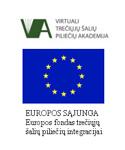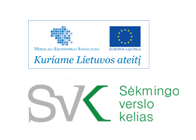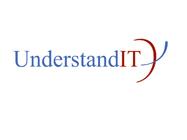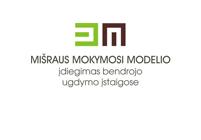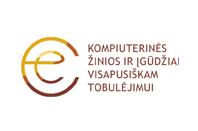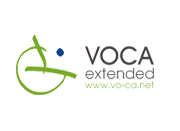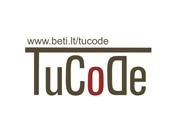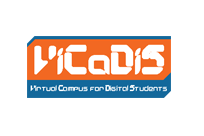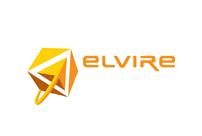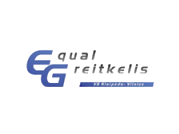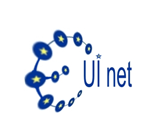
We are implementing
the lifelong learning paradigm by effectively applying the many years of experience gained in the field of ICT.
Please be informed
beti compass
Insights, trends, current events, useful observations, comments on BETI field topics of interest
Digital skills are needed to study and work in our fast-evolving digital world. They include using and adapting to digital devices, applications, software and systems, etc. President U. von der Leyen highlighted the need to unlock the potential of digital technologies for learning and teaching and to develop digital skills for all. Education and training are key for personal fulfillment, social cohesion, economic growth and innovation. They are also a crucial building block for a fairer and more sustainable Europe, thus it is of strategic importance for the EU.
Low basic digital skills and a lack of ICT specialists are major obstacles to Lithuania’s digital transition but Lithuania still has room to improve the digital skills of its population and invest in the reskilling and upskilling of its labour force (it is currently ranked 17th in the human capital dimension of the DESI). The total budget of Lithunia’s Recovery and Resilience Plan of 2.2 billion EUR dedicates 700.6 million EUR (31.5%) to measures supporting the digital transition. Over half of these funds are dedicated to digital public services and infrastructure.
The European labour market requires new skills to meet the demands of the Digital Age. EU citizens should have the right training, skills and support to empower them to find quality jobs and improve their living standards. Soft Skills such as confidence, teamwork, self-motivation, networking, presentation skills, are considered important for the employability and adaptability of Europe\'s citizens. Soft skills are essential for how we work together and influence the decisions we take every day and can be more important than hard skills in today’s workplaces.
Vice-President for the Digital Single Market Andrus Ansip and Commissioner for Digital Economy and Society Mariya Gabriel: taking action to include more Women in the Digital sector, recognising the value of their contributions and talent is essential for constructing an inclusive, competitive and dynamic Digital Europe. It is a solid step forward in the shaping of our digital Europe driven by our values, amongst which equality between men and women must stand high.
Rapid digitalisation over the past decade has transformed many aspects of work and daily life. Driven by innovation and technological evolution, the digital transformation is reshaping society, the labour market and the future of work. Employers face difficulties in recruiting highly skilled workers across a number of economic sectors, including in the digital sector. Too few adults have the opportunity to up-skill and re-skill to fill in these vacancies, often because training is not available at the right time and in the right place.
Lithuania’s parliamentary parties have signed a pact on the national education policy, agreeing to gradually raise education spending: - enabling education to strengthen democratic society and culture, promote national, civic and political awareness, and ensure that the development and recognition of education is built on knowledge, research and development, culture and art; - considering the change in technology and realizing the importance of digital education and the application of the new technologies.
Information and communication technologies (ICT) have changed the way in which we communicate with each other, how we find needed information, work, conduct business, interact with government agencies, how we manage our social lives. ICT also impacts the macroeconomic growth, which in turn further affects society. ICT plays in various aspects of society and socioeconomic development, such as in education and training, administration, organizational relationships, project management, delivery of services, and medical care.
Mainstreaming gender equality remains crucial in countries where equal access to education is taken as a given, which is the case in the majority in EU. Indicators show that women remain at a greater risk of social exclusion, unemployment and low-quality jobs. Also, women are slightly more likely to be unemployed with the same level of education as men. This situation contrasts with the higher success rates of women in terms of completing school, accessing higher education or participating in lifelong learning. This should translate into women being in better jobs.
we are interested, we are researching, we are making
- Digital media
- ICT
- Quality assurance
- Adult education
- Women and technology
- Science research
- Mentoring
- Scientific conferences and seminars
- STEAM
- Digital literacy
- Education of students
- Educational technologies
- Entrepreneurship
- Communities
- Socially vulnerable groups
- Sustainable development
- Agriculture
- Visual communication
Our activities
We research, accumulate and expertize our experience to improve results
COOPERATION | institutions
EDUCATION | training
SCIENTIFIC ACTIVITIES | research
INNOVATION | platforms
INTERNATIONALITY | projects

34
37
25
42
52
COOPERATION | institutions
The strength of our team is close relations with domestic and foreign partners, experts in different fields, scientists.
EDUCATION | training
Learning lasts a lifetime. We provide an opportunity to improve general and professional competencies through the effective application of information and educational technologies.
SCIENTIFIC ACTIVITIES | research
We carry out international research in educational technologies and apply their results in practice.
INNOVATION | platforms
Rapidly evolving educational technologies and ever-changing user needs require high-level ICT competencies of team members and an innovative approach to their effective application.
INTERNATIONALITY | projects
We look globally at the challenges, their content and contextuality, professionally looking for effective solutions through collegial international dialogue.
Projects
Select the field you are interested in
We invite you to cooperate
Let's share knowledge and experience to achieve common goals!
Are you looking for ICT experts?
Contact us




